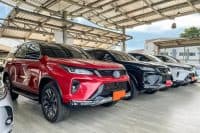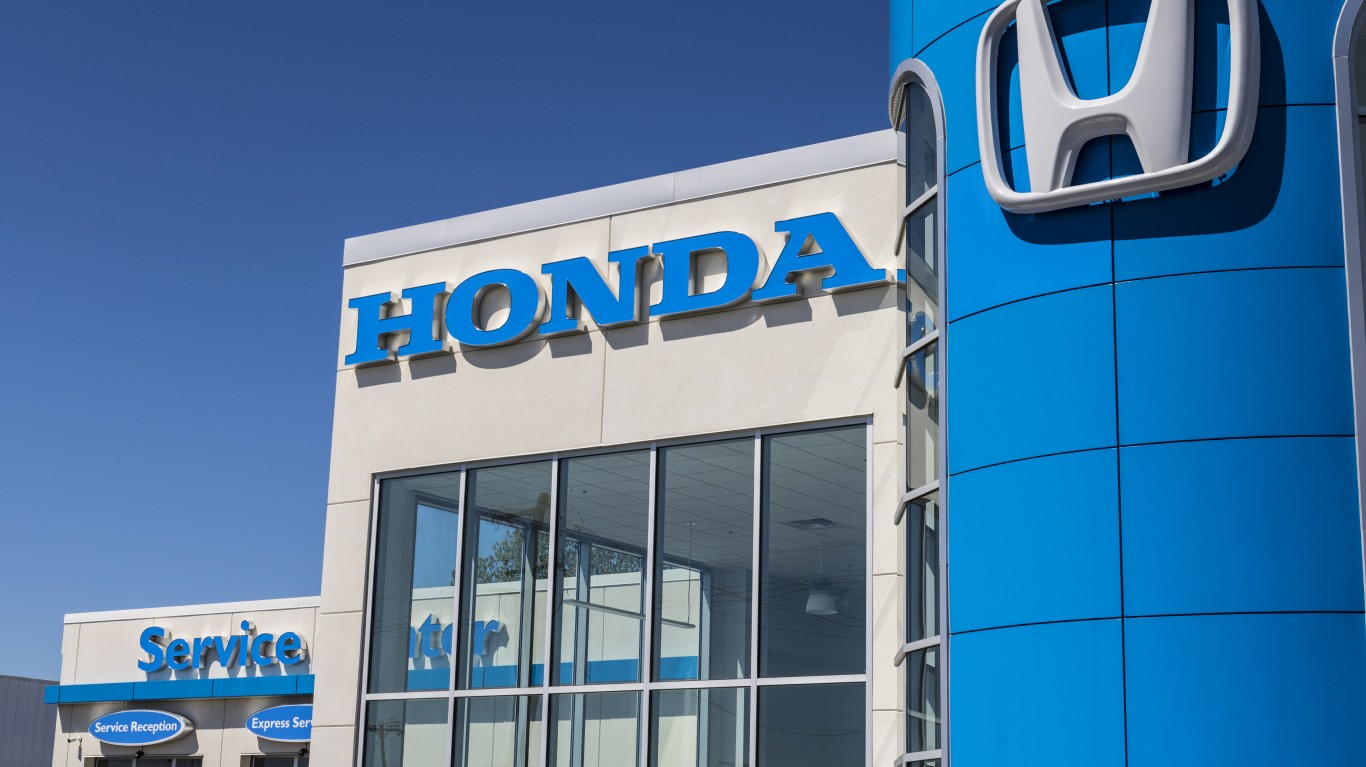 Hyundai, and its sister brand Kia, have had the hottest selling cars in the American market since the recession began. The rational for this is that the South Korean company delivered high-quality cars and light trucks at low prices like Japanese manufacturers did a generation ago. But Hyundai sales have begun to slow. It is an indication either that Americans do not like their new models or that buyers are willing to move more upscale as they purchase new cars.
Hyundai, and its sister brand Kia, have had the hottest selling cars in the American market since the recession began. The rational for this is that the South Korean company delivered high-quality cars and light trucks at low prices like Japanese manufacturers did a generation ago. But Hyundai sales have begun to slow. It is an indication either that Americans do not like their new models or that buyers are willing to move more upscale as they purchase new cars.
New car sales in May are expected to reach their highest level since 2007, according to auto research firm Truecar. The annualized pace will reach 14.5 million. This trend has helped many car companies, particularly those based in the United States, post strong profits.
As car sales rise, the complexion of brand preference has changed. Toyota (NYSE: TM) is the biggest beneficiary of new buying habits. Its market share is expected to reach 14.8% next month, up from 10.2% in the same month a year ago. Much of the reason for that is the recovery of its production facilities after the Japanese earthquake in 2011. But strong demand for its popular brands like the Prius is just as important. Production improvements could not increase sales by themselves.
The car company that has made the most extraordinary comeback from the recession is Chrysler. It is expected to have a U.S. market share of 10.9% next month. That will put it ahead of Japanese giant Honda (NYSE: HMC), which has had sales driven by high-quality ratings in the past. Chrysler has made an improbable comeback from Chapter 11. Many analysts believed it would lack the financial ability to produce enough new models to be competitive. Its management countered that by releasing relatively few cars that sold extremely well.
Against these improvements are Hyundai and Kia’s numbers. Their market shares are expected to fall to 9.3% next month from 10.1% last year. Hyundai got many of its sales from its pricing, and some from its aggressive warranty offers.
American taste in cars has returned to traditional brands. It is impossible to tell why for certain. But the trend has started to hurt Hyundai badly.
Douglas A. McIntyre
100 Million Americans Are Missing This Crucial Retirement Tool
The thought of burdening your family with a financial disaster is most Americans’ nightmare. However, recent studies show that over 100 million Americans still don’t have proper life insurance in the event they pass away.
Life insurance can bring peace of mind – ensuring your loved ones are safeguarded against unforeseen expenses and debts. With premiums often lower than expected and a variety of plans tailored to different life stages and health conditions, securing a policy is more accessible than ever.
A quick, no-obligation quote can provide valuable insight into what’s available and what might best suit your family’s needs. Life insurance is a simple step you can take today to help secure peace of mind for your loved ones tomorrow.
Click here to learn how to get a quote in just a few minutes.
Thank you for reading! Have some feedback for us?
Contact the 24/7 Wall St. editorial team.



